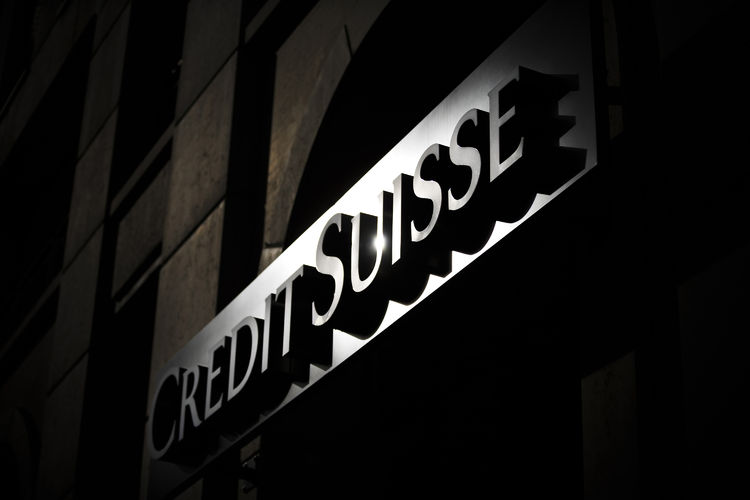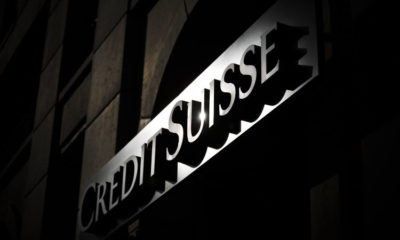- Credit Suisse Spends to Boost Booming Energy Team Amid Cutbacks
Credit Suisse Group AG, two years into a belt-tightening turnaround plan, splurged a bit last month in Texas.
While other big banks coughed up to attend the CERAWeek by IHS Markit conference, the energy industry’s biggest annual confab, the Swiss lender was the only one that officially sponsored the show in Houston. It shelled out a few hundred thousand dollars, scoring a hospitality suite for schmoozing executives as well as a choice panelist seat on day one of the conference.
Sponsoring CERAWeek — the oil patch’s equivalent to airing a Super Bowl commercial — underscored the bank’s affinity for its oil and gas team, which has been a bright spot amid trading losses, costly lawsuits and other woes.
It also showed how the firm aims to protect its share of the brutally competitive energy advisory business as it scales back on sales and trading to focus on wealth management.
“They have been in the business for a long time” said Anthony Tripodo, chief financial officer of Houston-based Helix Energy Solutions Group Inc., which hired Credit Suisse to run its $228.8 million equity raising this year.
“They have a feel of who will buy the securities. They delivered as promised. We almost did twice as much as what we went out for,” Tripodo said.
Equity Fees
Credit Suisse’s energy bankers brought in $293 million in advisory fees in the Americas last year, according to data from Dealogic. Only JPMorgan Chase & Co. got more. The Zurich-based lender was particularly dominant at raising cash for shale explorers rebounding from the oil price rout. Credit Suisse acted as left lead on about 41 percent of the sector’s exploration and production equity offerings last year, valued at a total of $3.3 billion, according to data compiled by Bloomberg.
“They have a very strong U.S. presence” in energy, said Alison Williams, a bank analyst with Bloomberg Intelligence. “They do have relative strength versus the other European banks. Credit Suisse does earn more than everybody else.”
The equity-raising boom in oil and gas should continue through this year, said Osmar Abib, Credit Suisse’s global co-head of oil and gas, as the trend shifts from exploration companies looking to sell shares to issuances by services providers.
Credit Suisse expects as many as 15 oilfield-services providers to seek to raise a combined total of $3 billion to $4 billion through initial public offerings this year.
Just two have priced IPOs in the U.S. this year: ProPetro Holding Corp. raised $350 million while Select Energy Services Inc. raised $121. Credit Suisse worked on both listings
Energy Prices
Companies that offer pressure pumping, hydraulic fracturing and other oilfield services are gearing up to IPO because energy prices have stabilized, creating a window for private equity-backed firms to tap the markets, Abib said.
They also need to raise money to hire workers and update equipment as producers ramp up drilling, he said.
“It has been a very brutal downturn,” Abib said. “Despite that, there has been a record amount of equity financing by the industry.”

 News3 weeks ago
News3 weeks ago
 Business3 weeks ago
Business3 weeks ago
 Technology3 weeks ago
Technology3 weeks ago
 Investment3 weeks ago
Investment3 weeks ago
 Banking Sector3 weeks ago
Banking Sector3 weeks ago
 Banking Sector3 weeks ago
Banking Sector3 weeks ago
 Appointments3 weeks ago
Appointments3 weeks ago
 Investment3 weeks ago
Investment3 weeks ago





















